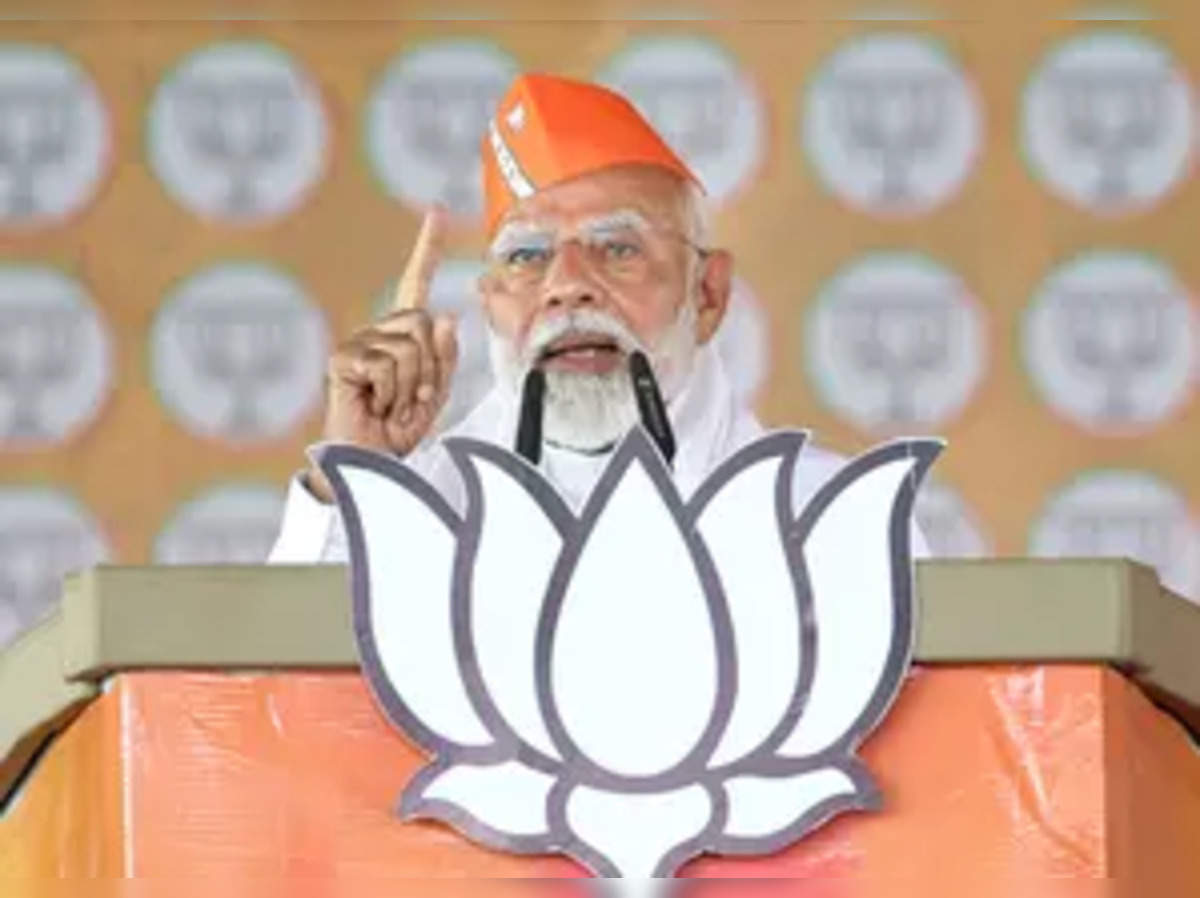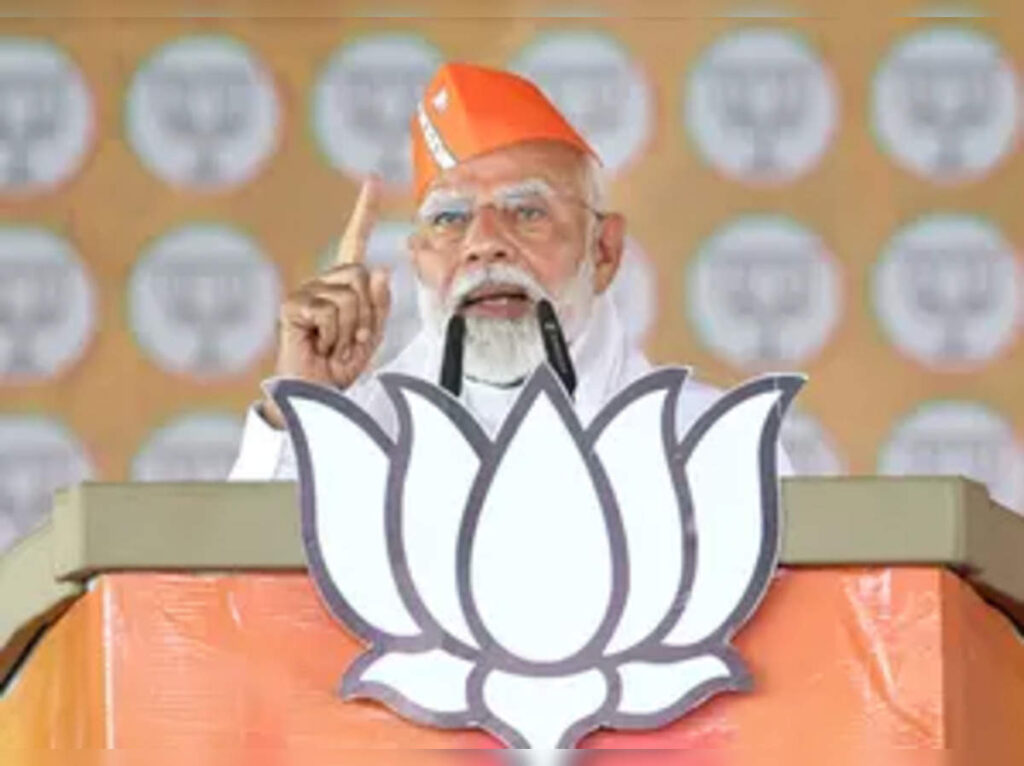

Less than two months are left for the presentation of the second budget of the third term Narendra Modi government in Parliament in February next year relating to the financial year 2025-26. The budget exercises are on in the finance ministry and the focus is on mobilizing additional resources for meeting the development expenditure. The recent meeting of the G-20 nations held in Brazil in its declaration has called for imposing tax on super rich as a part of the group’s efforts to meet the costs of combating hunger in poor nations and taking care of the costs of inclusive development in others. India is a signatory to this declaration. Prime Minister Narendra Modi took an active part in discussions. It is imperative for India to implement the proposal through budget 2025-26.
For any government in a parliamentary democracy, the first two budgets after the Lok Sabha election win, give a big opportunity for course correction with a view to improving the living standards of the underprivileged. Right now, the two principal challenges of the Indian economy include large scale generation of jobs and improving the income of the people in the lower level.. The finance minister Nirmala Sitharaman and the Prime Minister’s Office (PMO) have a moral responsibility to mobilise additional resources from the super rich for financing the programmes for new job generation for unemployed, especially, the women and educated youth who are affected most, as per the findings of the recent reports..
The recent wedding extravaganza in the Mukesh Ambani family as also in the families of some other businessmen and film stars have shown to what extent, funds can be spent for the wedding of a son or a daughter by a super rich. India has a trillion dollar wedding industry of the super rich. They include industrialists, sportsmen, film personalities and high worth politicians. Their wedding expenses should be scanned and a tax should be imposed above a limit. According to one estimate, there are more than 170 dollar billionaires in India and the number is rising exponentially. A two per cent tax will fetch Rs. 1.5 lakh crore. The amount can be spent for developmental programmes including creating jobs in labour intensive projects.
As per an analysis made by the renowned economist Dr. Pranab Bardhan, additional resources can be generated by reducing the direct and indirect subsidies that the government gives to the better off. In India, inheritance and wealth tax is zero and the capital gains taxes are much lower compared to the United States. The tax system is still tilted towards rich, For instance in the context of pandemic, the Modi government, in a single stroke reduced the rate of corporate tax and the loss to the exchequer was Rs. 1.84 trillion. The industrialists became richer during covid period while the workers and employees lost jobs and faced acute poverty. Dr. Bardhan estimates that with one trillion funds, 20 million jobs can be generated in India.
Finance Minister Nirmala Sitharaman must have gone through the recent studies on tax evasion by the companies globally including India. According to a 2023 study by advocacy group Tax Justice Network, countries around the world could lose up to $4.8 trillion (£3.8 trillion) in tax revenue over the next decade due to tax havens. These havens are patronized by the global companies as also the rich many of them belonging to India. A report earlier this year by the EU Tax Observatory found that billionaires worldwide have effective tax rates equivalent of between 0 per cent and 0.5 per cent of their wealth. What is shocking is that during pandemic years, while the poor and others suffered and died, the profits of the big companies as also the worth of the rich individuals went up. In fact inequality widened more in pandemic years.
For India, the imposition of a special tax on super rich is overdue as all the recent reports including the latest OXFAM report released in January this year show that inequality has been steadily going. In pandemic and post pandemic years, the poor people without assure social security are having pathetic living conditions whereas the incomes of upper middle class and rich have been on the rise. The widening of inequality has special impact in India because the common citizens are not protected through social security measures like many other countries of West and Latin America and other developing nations.
According to OXFAM report, India is facing rising industrial concentration in just five hands, and is enriching billionaires, private equity funds, and crony capitalists driving unprecedented level of inequalities and poverty among people. Dalits are facing high and unaffordable out-of-pocket fees in the private healthcare sector, financial exclusion in the private healthcare sector, and overt discrimination in both.
For years, Oxfam has raised alarm about widening and extreme inequality. In 2024, the very real danger is that these extraordinary extremes are becoming the new normal. Corporate and monopoly power is an unrelenting inequality-generating machine, the report says, adding that we are living through what appears to be the start of a decade of division: in just three years, we have experienced a global pandemic, war, a cost-of-living crisis and climate breakdown. Each crisis has widened the gulf – not so much between the rich and people living in poverty, but between an oligarchic few and the vast majority.
The historic declaration by G-20 summit on taxing super rich marks a significant milestone in the global quest for a fair, transparent and progressive taxation. A new United Nations convention on tax cooperation is being held to frame the rules based system which will be of big advantage for the developing, especially the African countries. The strong position by the G20 presidency under the Brazilian president Lula de Silva forced the rich nations at the November summit to commit themselves effectively for the promotion of inclusive growth and transfer of more resources to the African nations.
According to studies made by the African Union, Africa loses billions of US dollars due to tax avoidance. These funds could pay for climate transition, education infrastructure and urgent healthcare requirements. If the continent fails to broaden its tax base and increase the resources it collects nationally, it will be even more difficult to tackle the crises of climate change, food insecurity and conflicts both internal and external.
The African Union estimates that the continent loses some $90 billion a year in illicit financial flows. It also loses a further $220 billion a year through tax breaks that disproportionately benefit the affluent. Together, these are equivalent to a staggering $390 billion a year. Patrick Olomo, policy adviser to the Nigerian-led group, updated these statistics at the IMF/World Bank meetings in Washington in October this year.
Africa is a remarkably diverse continent, with countries ranging from low-income to high-income: However, 33 of the 45 countries on the UN’s list of Least Developed Countries for 2023 are African. And 20 of African low-income countries are facing bankruptcy or struggling with high levels of debt. Angola’s finance minister, Vera Daves de Sousa, said that all of the country’s tax revenues were only enough to pay salaries and service debt. Nigeria’s Minister of Justice, Lateef Fagbemi, said that the country loses an average of $18 billion a year to illicit financial flows. Between 2009 and 2018, South Africa will have lost $20 billion a year due to tax avoidance and evasion by the affluent. So, development financing is in desperate demand in Africa while its money is literally on the run.
According to the leading African experts, the solution to this dilemma is to improve “fiscal space” by fairly taxing multinationals operating on the continent, cross-border services and the richest, a small but growing segment of the population that is largely under taxed. Latest data indicate that the African continent has a combined investible wealth of US$ 2.5 trillion and only five countries account for 90 per cent of the continent’s billionaires.
In November summit, the G20 nations agreed to cooperate to ensure that the super-rich are taxed. The G7 also agreed at least that under-taxation of the super-rich is a problem to fix. The UK government presented a budget that includes fair taxation of millionaires and corporations, and the conservative government of France agreed on the need for those at the very top to contribute what they should. In USA, the President elect Donald Trump is not in favour of tax on super rich, he is in fact advocating tax cuts as a part of his MAGA policy. But Germany faced with both economic and political crisis may decide on the issue after the new coalition takes over early next year following the national elections.
India is now politically stable and the growth rate is comfortable compared to the other countries of the world. But the real problem is widening of inequality and the huge joblessness. The jobless growth model of the Modi Government is continuing even in its third term. The Modi government has got a big opportunity this time to mobilise huge resources by taxing the super rich in 2025-26 budget proposals and channelize those additional funds for job generation and improving the income of the underprivileged. The INDIA Bloc parties must be equally vocal in demanding the imposition of this tax in 2025-26 budget. That is the only way at the moment to garner bulk additional resources at one go. (IPA Service)




